-
Recently Browsing 0 members
- No registered users viewing this page.
-
Latest Activity
-
By BillieBobs · Posted
I didn’t know Scotland has it as well. You should sell cheap booze you’d make a fortune 😂 Everytime I go to my sisters I’m amazed at how much cheaper the booze is in England. Another reason to move to Pilton - local tickets and cheap alcohol 😂 -
Those arriving by coach in the coach park have a separate distinct queue at Gate A from those arriving by car.
-
It looks like one of the stages from the bonkers psy trance festival in Portugal, can't remember it's name. Bukem is on my list as well, missed him last year.
-
This! Its basically the Christmas rush of a 6 year old. But in June. With a well. And a jar
-
I proposed to my girlfriend now wife at Glastonbury 2011 with a placeholder silver ring (not risking taking the real ring to Worthy Farm!). Now long married, I wear it as a necklace on a silver chain which she bought at the festival for that purpose, so that!
-
-
Latest Festival News
-
Featured Products
-

Monthly GOLD Membership - eFestivals Ad-Free
2.49 GBP/month
-
-
Hot Topics
-
Latest Tourdates







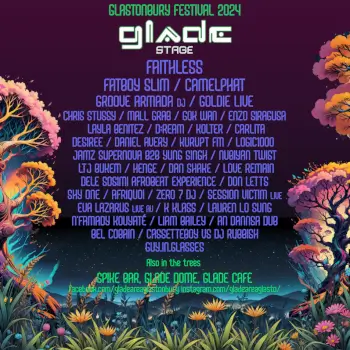
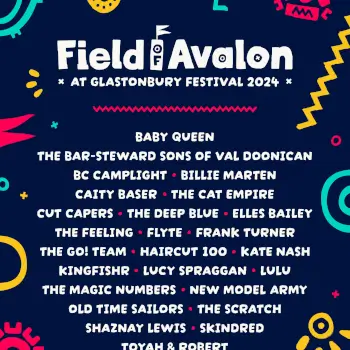
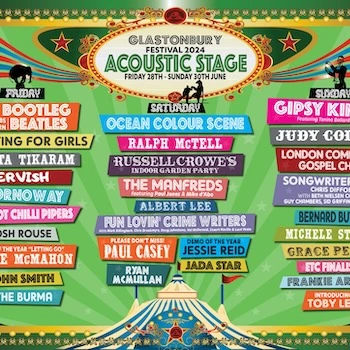
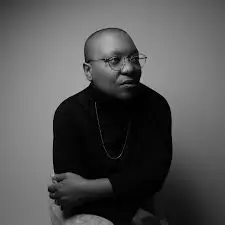

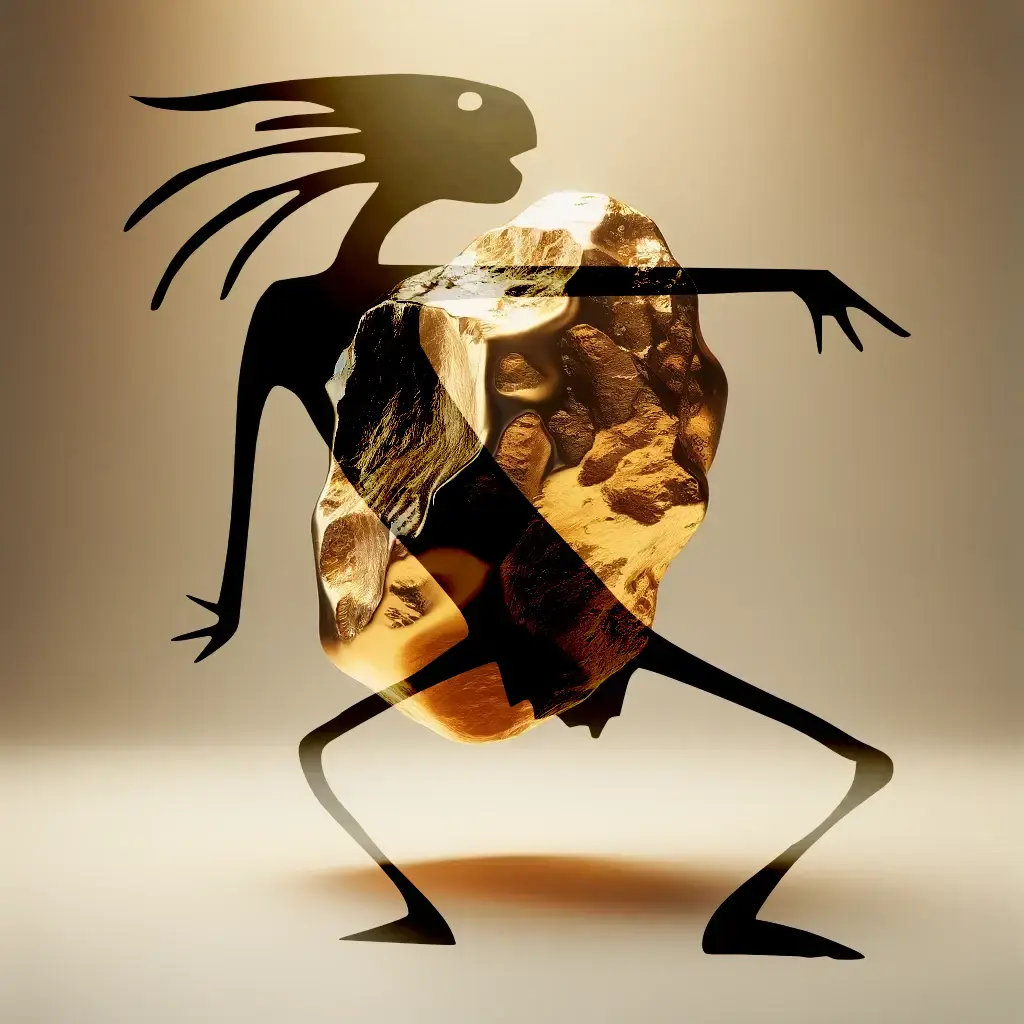




Recommended Posts